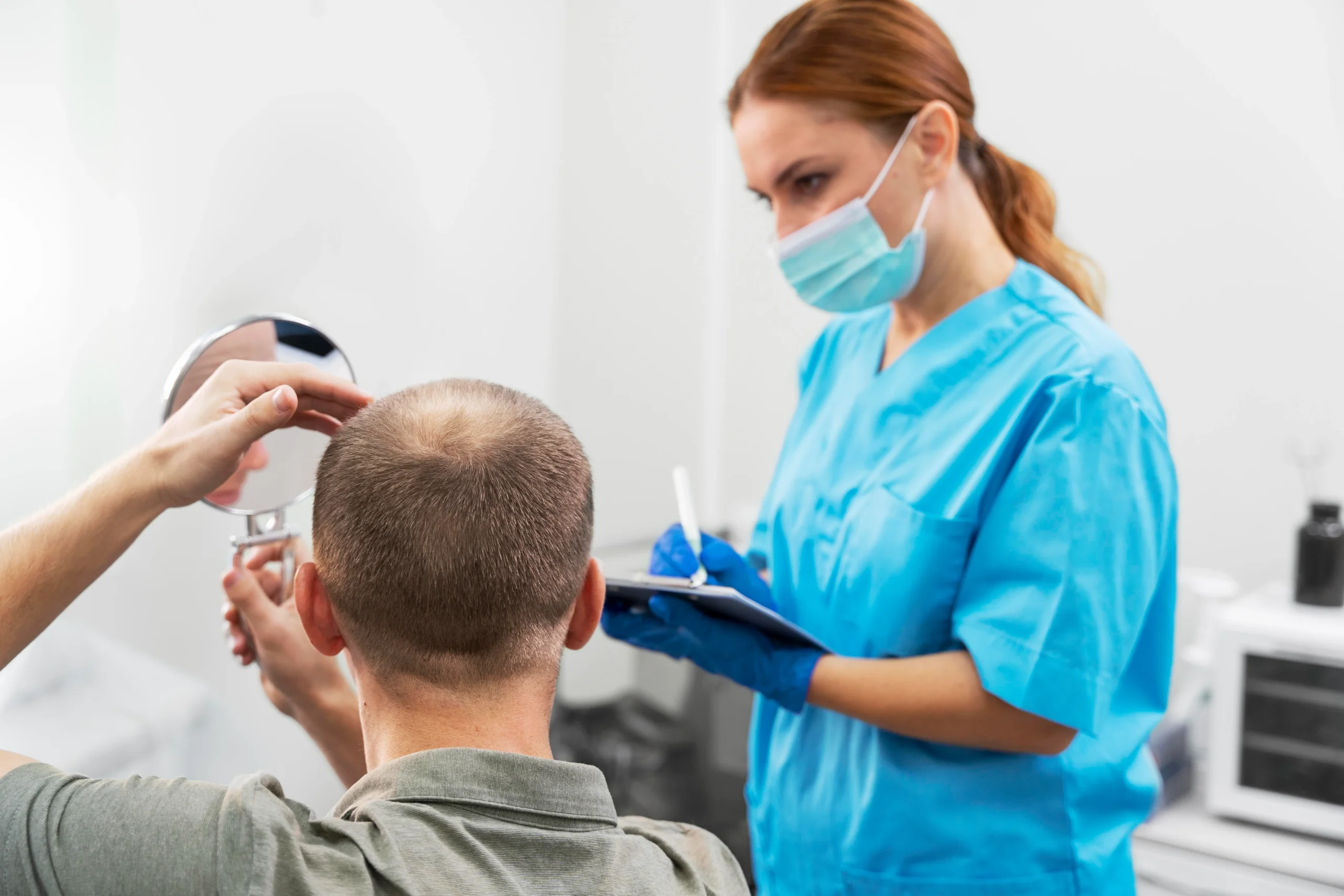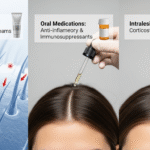If you're struggling with hair loss due to alopecia, finding the Best Alopecia Center in Islamabad is key to regaining your hair and confidence. In this article, we will explore the leading treatments available at top alopecia centers in Islamabad, and highlight the expert care and advanced technologies used to provide lasting solutions. Learn about …
If you’re struggling with hair loss due to alopecia, finding the Best Alopecia Center in Islamabad is key to regaining your hair and confidence. In this article, we will explore the leading treatments available at top alopecia centers in Islamabad, and highlight the expert care and advanced technologies used to provide lasting solutions.
Learn about the best professionals, innovative therapies, and how these centers can help restore your hair, ensuring you make an informed decision about your treatment options.
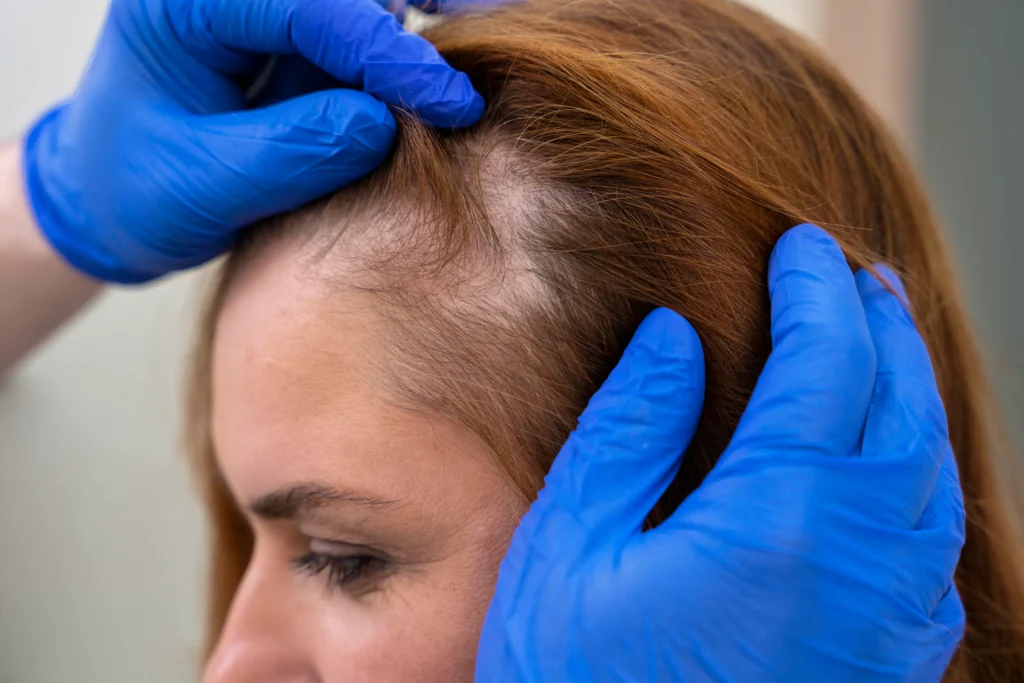
Why Choose the Best Alopecia Center in Islamabad?
Expertise of Leading Dermatologists and Hair Restoration Specialists
When searching for the best alopecia center, the expertise of the dermatologists and specialists matters most. Islamabad’s top centers are staffed with highly qualified professionals who specialize in diagnosing and treating hair loss. They have years of experience, extensive certifications, and a proven track record of successful treatments. Leading experts like Dr. Uzma Irfan offer state-of-the-art services to help you regain your natural hair and restore your confidence.
State-of-the-Art Hair Loss Treatments Available
The best alopecia centers in Islamabad offer a range of advanced hair loss treatments designed to meet the unique needs of each patient. Some of the most effective options include:
- Hair Transplants (FUE and FUT): Minimally invasive techniques that transplant healthy hair follicles to balding areas.
- Platelet-Rich Plasma (PRP) Therapy: A non-surgical procedure that stimulates hair growth using your blood’s platelets.
- Stem Cell Therapy: Innovative treatments that promote hair follicle regeneration.
These treatments use the latest technologies and are tailored to your specific condition, ensuring the most effective solution for hair restoration.
Personalized Care and Consultation
Each patient is different, and a personalized treatment plan is essential for achieving the best results. At top alopecia centers in Islamabad, you will receive a comprehensive consultation where the specialists assess your hair loss, discuss your goals, and create a custom treatment plan that suits your unique needs. This individualized approach ensures that every patient receives the most appropriate and effective treatment for their specific condition.
What Are the Causes of Alopecia and Hair Loss?
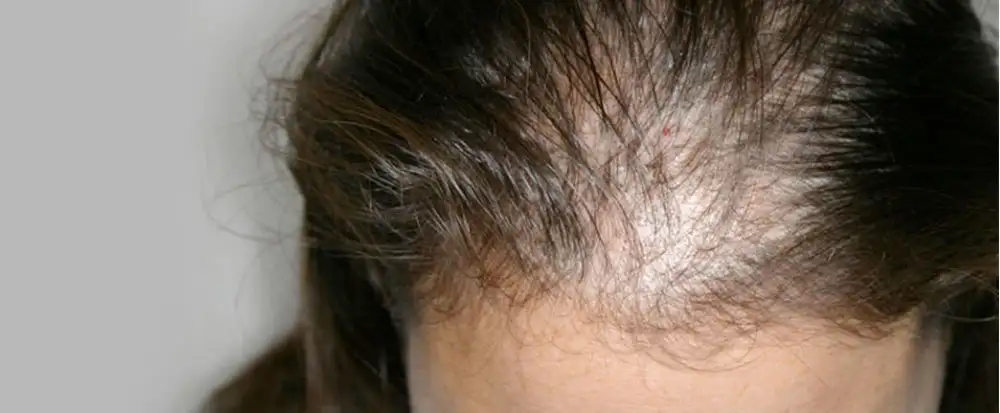
Common Types of Alopecia
Alopecia can manifest in several forms, each requiring a different treatment approach. The most common types include:
- Androgenetic Alopecia: Often referred to as male and female pattern baldness, this type is typically inherited and affects a large portion of the population.
- Alopecia Areata: This autoimmune disorder causes patchy hair loss, where the immune system mistakenly attacks hair follicles.
- Telogen Effluvium: Stress, pregnancy, or other health issues can lead to this temporary hair shedding condition.
- Cicatricial Alopecia: This form involves permanent hair loss due to inflammation and scarring of the hair follicles.
Understanding the cause of your hair loss is essential in determining the right treatment. The best alopecia centers will conduct thorough assessments to diagnose your condition accurately.
Lifestyle and Environmental Factors
Hair loss isn’t always genetic; it can also be triggered by various external factors, such as:
- Stress: Emotional or physical stress can lead to excessive hair shedding.
- Diet: Nutritional deficiencies, particularly iron and protein, can contribute to hair thinning.
- Hormonal Imbalances: Conditions like thyroid imbalances or hormonal fluctuations due to pregnancy or menopause can lead to hair thinning.
By understanding the root cause of your alopecia, specialists at the top alopecia centers in Islamabad can recommend the most suitable treatment plan to restore your hair.
Advanced Treatment Options at the Best Alopecia Centers
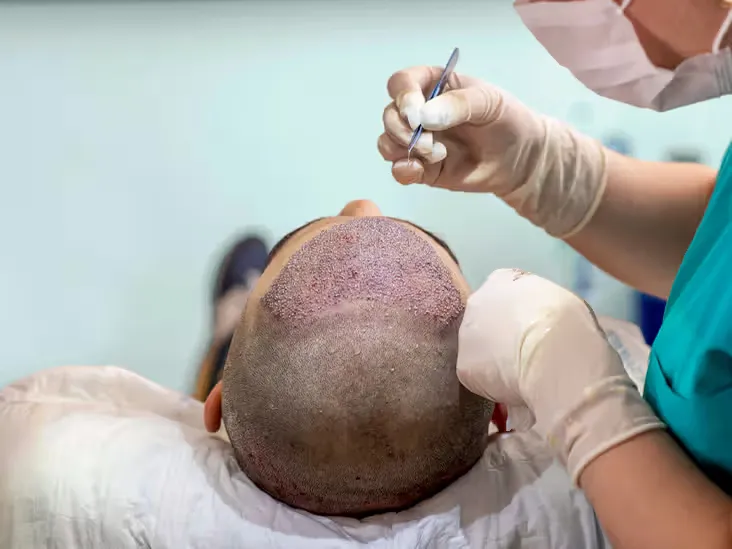
Hair Transplants (FUE and FUT)
One of the most effective and permanent solutions for hair loss is a hair transplant. The two most common techniques offered at the best alopecia centers in Islamabad are:
- FUE (Follicular Unit Extraction): This technique involves extracting individual hair follicles from the donor area and transplanting them to the thinning or bald areas. FUE is minimally invasive, leaves no linear scar, and offers a faster recovery.
- FUT (Follicular Unit Transplantation): In FUT, a strip of scalp is removed from the donor area, and individual hair follicles are separated and transplanted. While FUT may leave a small linear scar, it’s effective for patients needing larger areas of restoration.
Both methods produce natural-looking results, and the choice depends on the patient’s preferences, extent of hair loss, and suitability.
Platelet-Rich Plasma (PRP) Therapy for Hair Regrowth
PRP therapy involves drawing a small amount of your blood, processing it to concentrate the platelets, and injecting it into your scalp. The platelets help stimulate hair growth by encouraging the regeneration of hair follicles. This non-invasive procedure is ideal for early-stage hair loss and works well in combination with other treatments for optimal results.
Stem Cell Therapy and New Regenerative Techniques
Emerging treatments like stem cell therapy utilize regenerative properties to promote hair follicle health and stimulate growth. This cutting-edge therapy uses stem cells to rejuvenate the scalp, making it an excellent option for patients with advanced alopecia or those looking for non-surgical alternatives.
Medications and Topical Solutions
For patients who are not yet ready for a transplant, medications like minoxidil (Rogaine) and finasteride (Propecia) can help slow hair loss and even stimulate regrowth. Topical solutions and oral medications are often used as adjuncts to more advanced procedures.
What to Expect During Your Visit to the Best Alopecia Center in Islamabad
Initial Consultation and Diagnosis
Your first step in the treatment journey will be a detailed consultation. During this visit, the specialist will evaluate your hair loss pattern, discuss your medical history, and conduct necessary tests to determine the best course of action. This is a critical step to ensure that the treatment plan is tailored to your needs.
Choosing the Right Treatment Plan
Based on the diagnosis, the specialist will recommend a customized treatment plan. Whether it involves a hair transplant, PRP therapy, or medications, your treatment will be designed to deliver the best results for your specific condition.
The Procedure: Step-by-Step Process
- Preparation: Anesthesia is administered to ensure you are comfortable during the procedure.
- Hair Follicle Extraction and Transplantation: The follicles are carefully extracted (in FUE) or removed as a strip (in FUT) and placed in the balding areas.
- Post-Treatment Care: After the procedure, the doctor will provide instructions on how to care for your scalp and hair during the recovery phase.
Post-Treatment Care and Follow-Up
Post-procedure care is critical for achieving the best results. The alopecia center will provide detailed aftercare instructions, including how to wash your scalp, avoid physical strain, and manage any discomfort. Follow-up visits will be scheduled to monitor your progress and ensure the successful growth of transplanted hair.
Safe Recovery and Maintenance After Alopecia Treatment
How Long Should I Avoid Sweating After a Hair Transplant?
Post-treatment, it’s essential to avoid excessive sweating for about 7-10 days. Sweating can irritate the transplanted follicles, so limiting strenuous activities during the initial recovery phase is crucial for optimal results.
Safe Recovery Timeline for Hair Transplants
The recovery timeline can vary depending on the type of treatment, but in general:
- First Week: Rest and avoid strenuous activity.
- Weeks 2-4: Light activities like walking are allowed, but avoid intense physical exertion.
- After One Month: You can return to normal activities, but still avoid heavy exercise or exposure to direct sunlight for prolonged periods.
Post-Treatment Hair Care Tips for Long-Term Success
- Follow the doctor’s instructions carefully, including keeping your scalp clean, using prescribed medications, and staying hydrated.
- Use gentle shampoos and avoid harsh hair treatments that could damage the new follicles.
FAQs
What Are the Signs That I Need Alopecia Treatment?
If you experience noticeable thinning, patchy hair loss, or a receding hairline, it may be time to consider treatment. Early intervention is key to preventing further hair loss and ensuring better results.
Are Hair Transplants the Only Option for Alopecia?
No, several non-surgical options like PRP therapy, medications, and stem cell therapy are also effective in treating alopecia, especially in the early stages.
Is Alopecia Treatment Permanent?
Hair transplants offer permanent results, but ongoing maintenance and care are necessary to ensure long-lasting outcomes. Other treatments may require periodic sessions to maintain hair growth.
How Soon Will I See Results After a Hair Transplant?
Most patients begin to notice visible results within 3-4 months, with full results becoming apparent by 9-12 months after the procedure.
Conclusion
Finding the Best Alopecia Center in Islamabad is essential for regaining your hair and confidence. Whether you’re considering a hair transplant, PRP therapy, or another solution, the top centers in Islamabad provide expert care and the latest treatments. Book a consultation with Dr. Uzma Irfan, an ISHRS-certified surgeon in Islamabad today, leading alopecia centers to take the first step towards restoring your hair and boosting your confidence.

